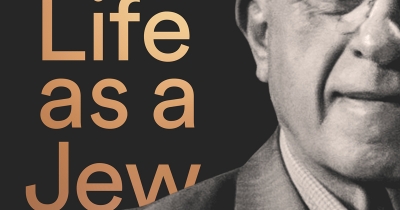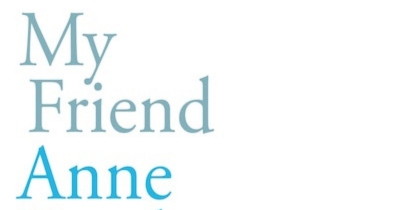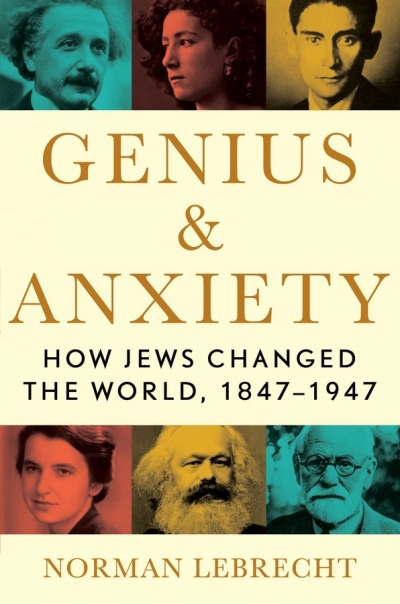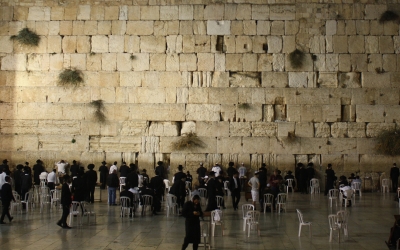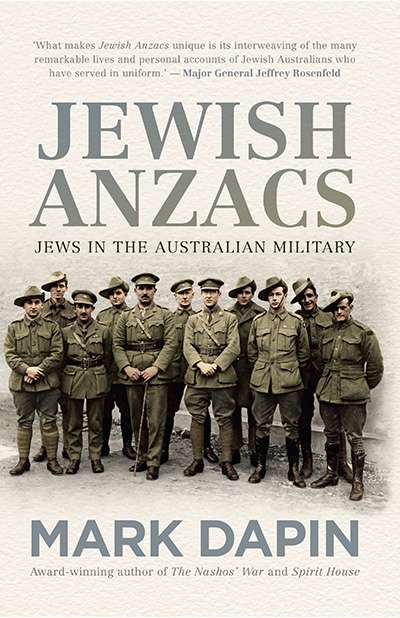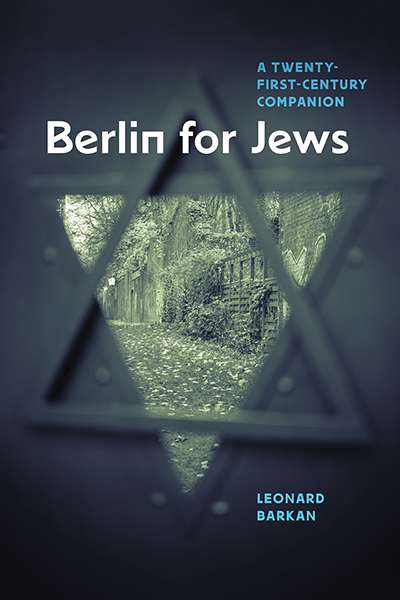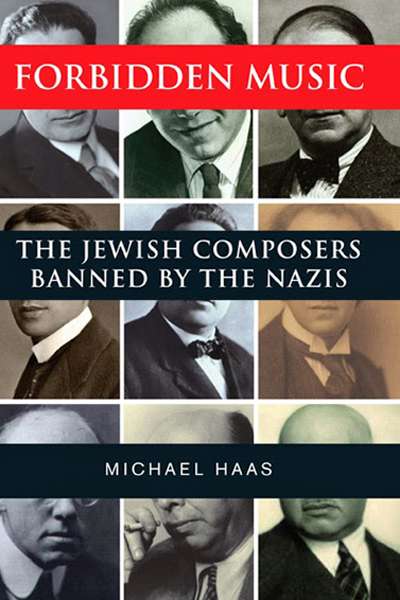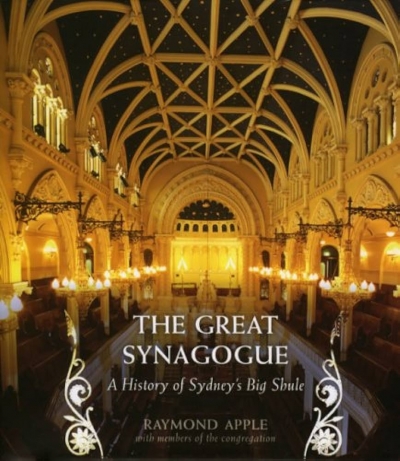Jewish Studies
The Jews of Paris and the Final Solution: Communal Response and Internal Conflicts, 1940-1944 by Jacques Adler
by Sol Encel •
Genius and Anxiety: How Jews changed the world, 1847–1947 by Norman Lebrecht
by Tali Lavi •
For most of my life I have thought of myself as a secular Jew; fascinated by the turbulent history of the Jews, not part of synagogue life. All that changed in 2012. We were living in Goulburn, New South Wales, at the time. My husband was on the point of retirement and we were about to move back to Victoria. During winter ...
... (read more)Jewish Anzacs: Jews in the Australian military by Mark Dapin
by Elisabeth Holdsworth •
Berlin for Jews: A twenty-first-century companion by Leonard Barkan
by Andrea Goldsmith •
Forbidden Music by Michael Haas & Hollywood and Hitler by Thomas Doherty
by Michael Morley •
The Great Synagogue: A history of Sydney’s big shule by Raymond Apple
by Yossi Klein •

